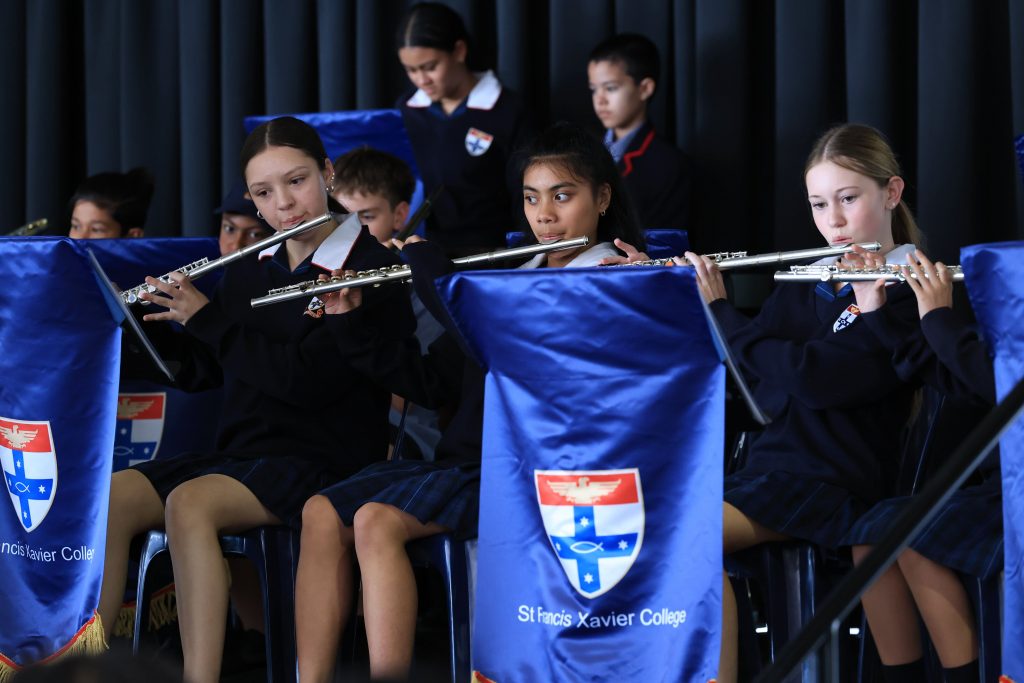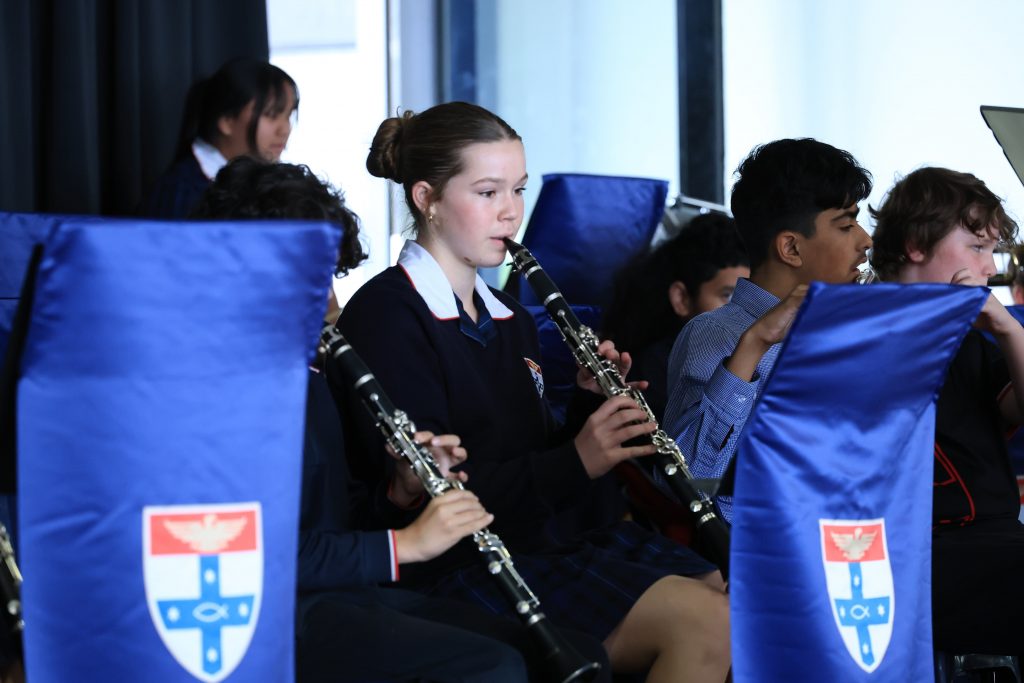The Benefits of Music Education: How Music Improves Learning and Wellbeing
Monday 22nd April 2024
School years are arguably the most important period of life for learning core competencies and knowledge that can be applied for years to come. However, it is also an amazing time to explore a variety of areas and interests, whether academic, athletic or creative. One such area that can have major benefits for students is music, with students developing a number of different skills and traits when they study music. These often transfer into other areas of study and improve the overall capacity for learning, making music a deeply beneficial part of student life. Learn more about how music education in school affects learning and wellbeing.
Cognition and memory
Listening to music and learning are closely linked, with music playing a positive role in sharpening the brain and promoting cognitive growth. Learning music requires a lot of discipline and focus, which are skills that can be transferred to any other learning area as well. The intricacies in music stimulate the brain in multiple different areas, keeping it active and engaged, also teaching students to focus their attention for sustained periods of time.
Regular musical practice also strengthens memory, not just for the piece being practised but the overall memory pathways in the brain. These skills often carry over to other areas of life, including study, helping to improve academic performance and the capacity to learn.
Creativity
Music education benefits students outside of traditional academics by providing more opportunities for creative development, helps improve creative problem solving skills. When students can think creatively, they are more likely to come up with original ideas and overcome issues they face. Studies have shown that listening to music has an impact on the number and quality of creative ideas people come up with.
Students who regularly engage with music are more likely to have their creativity strengthened, whether they use it to create new music at school or apply their skills in other areas. As such, the benefits of music education help them become more adaptive and engaged learners.
Teamwork
Learning through music builds social skills and collaboration. Music naturally requires a lot of attentive listening and patience, particularly when learning to be a part of a choir, orchestra or other ensemble. Students learn to give time and space to their peers as they all practise, developing a greater understanding of teamwork.
Building a sense of community also goes a long way to building overall social skills, improving belonging and reducing feelings of anxiety.
Cultural awareness
Music is one of the most enriching and engaging ways to examine other cultures and learn more about different parts of the world. Engaging with different styles and music histories promotes an appreciation for diversity and respect for the different ways that art and culture are expressed globally. Sharing in different music fosters greater inclusion amongst students.
Stress relief
Arguably the benefit that most people associate with music is its capacity as a stress reliever. Music acts as a therapeutic outlet for stress and other negative feelings, allowing students to shift their focus away from their studies and other obligations. This relief can come from playing an instrument or even just listening to music and letting it relax you.
Playing music in particular is known to release dopamine and serotonin, which create a positive feeling and prompt further engagement. This is particularly important at the secondary school level where there are a number of different stressors and pressures at play.
Music programs at St Francis Xavier College
To expose our students to the benefits of learning music and give them a chance to enjoy exploring different styles, all students have the opportunity to experience the music curriculum by studying Music as a subject in Year 7. Thereafter, students are able to continue our music program by choosing music as an elective in Years 8, 9 and 10. Students may also study VCE Music in their final years, or complete a VET Certificate III in Music (Sound Production).
Outside of these main curriculum areas, students can engage in a variety of extra curricula music activities like Cantabile, different Music Ensembles and performance evenings.
Composing a learning journey
The connections between music and learning are many and students can experience a variety of benefits when they spend time engaging with and studying music. At St Francis Xavier College, we proudly prioritise music in education and offer many avenues for students to explore their creative and artistic passions, providing a unique pathway for every child.

